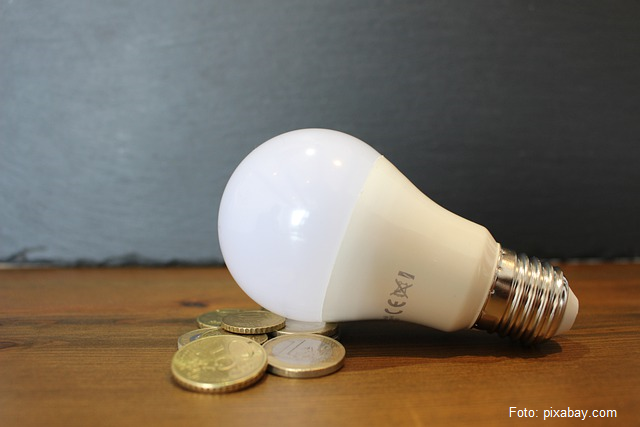Is inflation going to slow down?
The President of the Competition Council, Bogdan Chiritoiu, has stated that the current increase in prices in Romania is just a momentary situation

Roxana Vasile, 15.12.2021, 13:50
Natural gas and edible oil have become the most expensive in Romania in the past year, while the only drop has been registered in the prices of air transport services – according to data published by the National Institute of Statistics on the first day of this week. Prices for natural gas rose by almost 50%, for edible oil by more than 28 % and for fuels by more than 25%. Potatoes, one of the staple foods especially for people with low material means, have also become more expensive by more than 22%. The National Institute of Statistics also announced that electricity prices have risen by more than 8%.
Romanians have also had to pay more for water, sewer, sanitation and postal services. Overall, the annual inflation rate fell to 7.8% in November from 7.9% in October. Eurostat experts pointed out in autumn that Romania was among the countries in the European Union with the highest inflation, the only consolation being, perhaps, that there were another three states holding the position of leaders in that respect. According to the latest inflation report drawn up by the National Bank of Romania, the annual inflation rate is estimated at 7.5% in December and is expected to go down to 5.9% only at the end of next year.
The current rise in prices is a momentary phenomenon, caused by the fact that inflation fell in the first year of the pandemic, when the economy did not work, and now, when it is restarting, there is a lot of money in the market, according to the President of the Competition Council, Bogdan Chiritoiu. He estimates that natural gas prices, for example, will return to pre-pandemic levels. On the other hand, the reduction in energy prices will not be so big, given the consequences of the transition to green energy.
Bogdan Chiriţoiu: I see no point in either capping prices in the medium term or surcharging. All it takes is one-off interventions in some markets. I agreed with the energy surcharge, for example. When there is a problem in a particular market and when it comes to aid, that must be targeted at people who are more vulnerable. If we stick to our old system, where we want to take money from everyone and give money to everyone, it’s a very inefficient system, it doesn’t make sense.
In the meantime, all Romanians feel the prices increases every month. (MI)






























